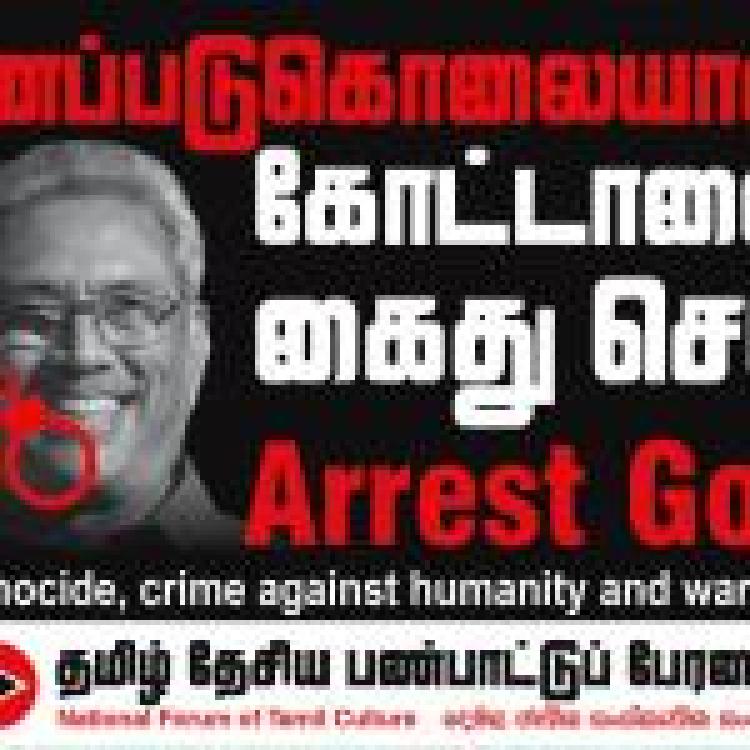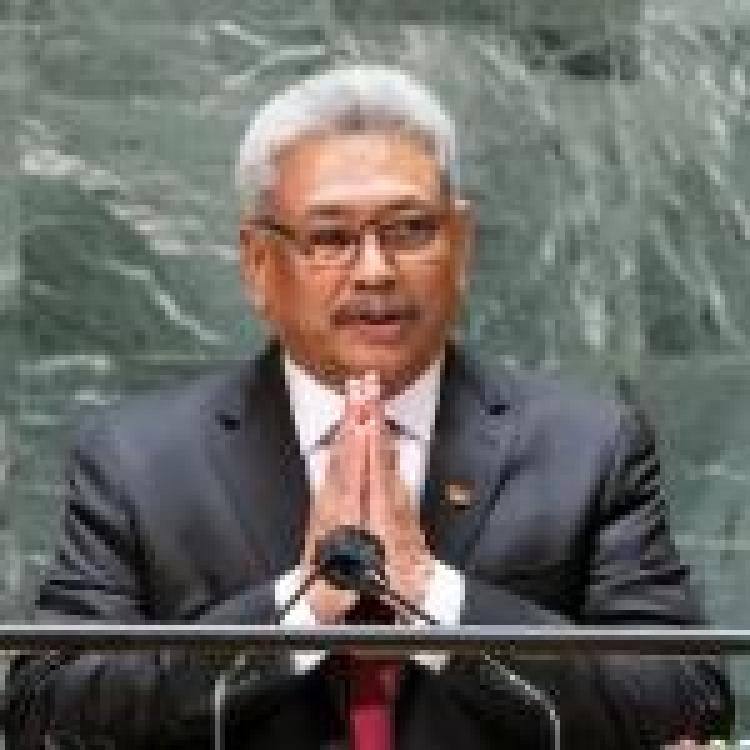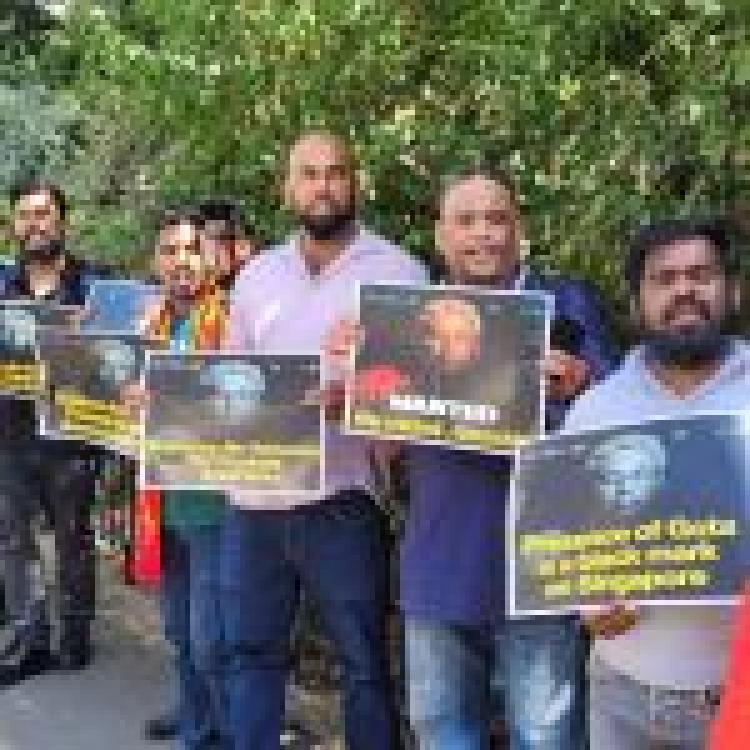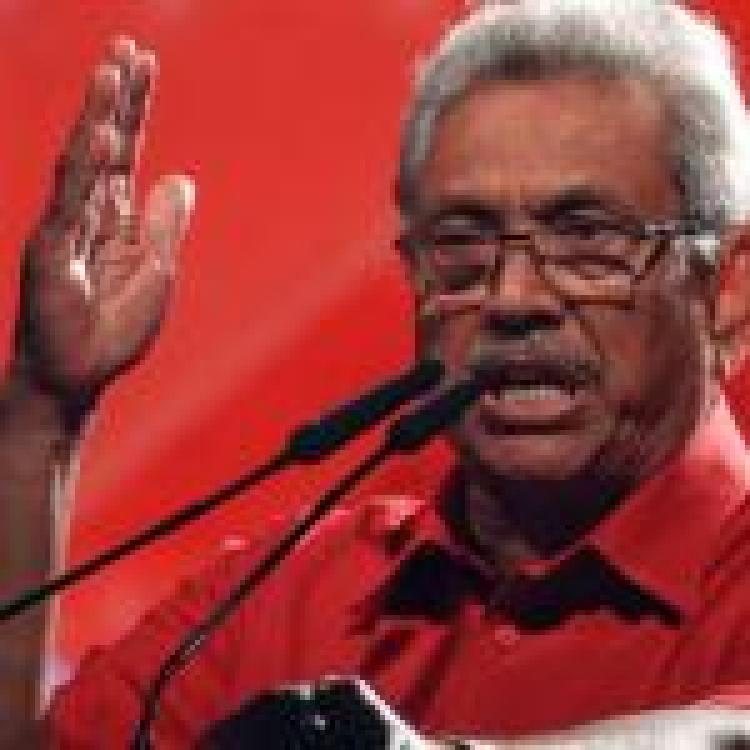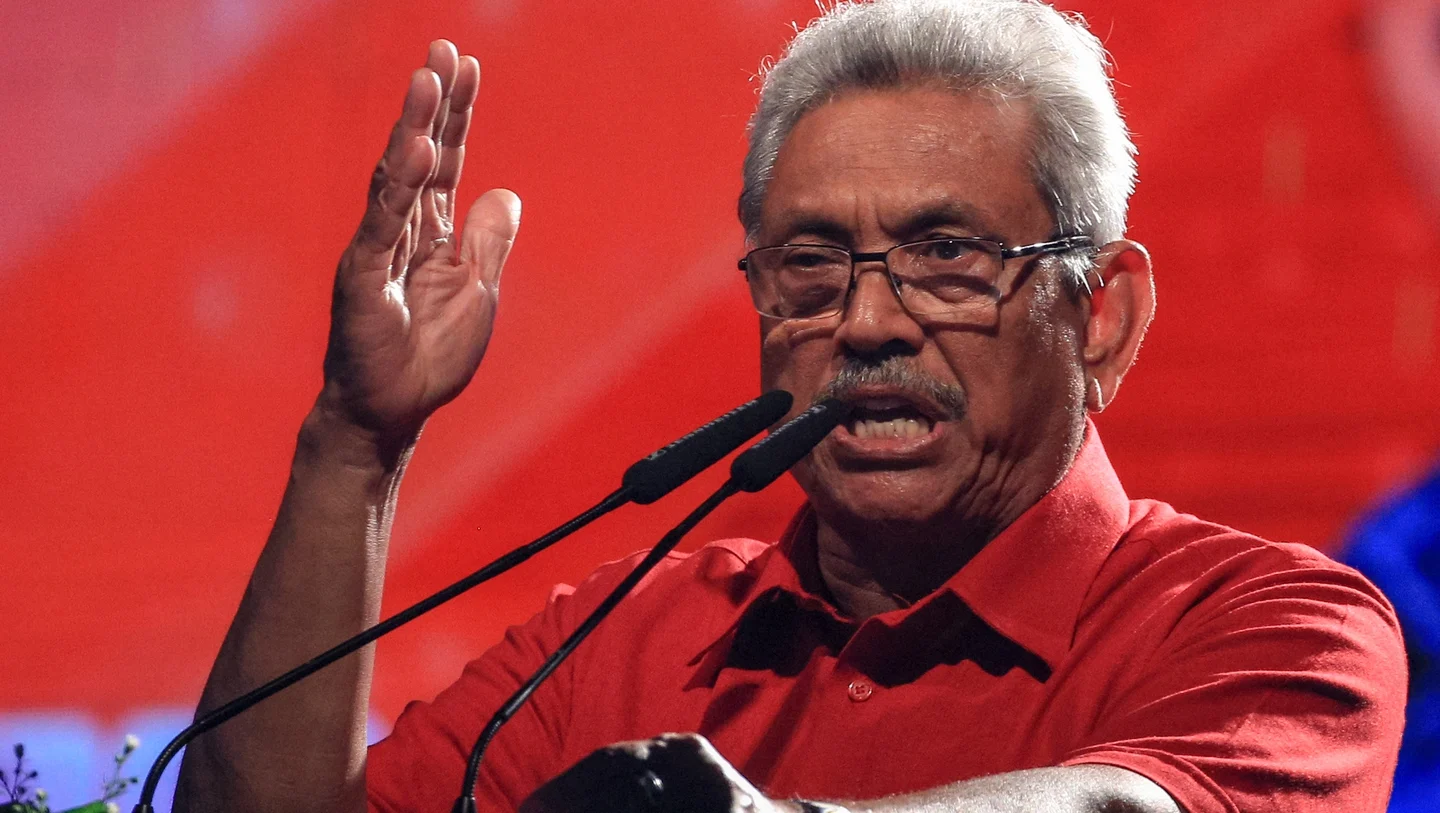
Sri Lanka’s former president Gotabaya Rajapaksa is a war criminal accused of overseeing some of the most heinous atrocities of the 21st century. Under his command Sri Lankan troops unleashed an offensive that saw widespread violations of international law and left as many as 169,796 Tamils unaccounted for. Out of all the countries in the world, Singapore has a particular duty to hold him to account. It must do so before he flees.
Singapore has a long and rich history with Eelam Tamils, which dates back to the country’s founding. Jaffna-born Sinnathamby Rajaratnam was Singapore’s first foreign minister following its abrupt independence in 1965. A giant in Singaporean politics, his grounding role in the country’s history serves as a reminder of its deep rooted connection to Jaffna.
Singapore’s current Foreign Minister Vivian Balakrishnan acknowledged that relationship in 2017, where he embarked on an official visit to Jaffna. He met visited Rajaratnam’s birthplace, met with local politicians and visited the Jaffna Public Library, an institution that was once torched by Sri Lankan government-backed Sinhala extremists. Balakrishnan presented 500 books to library, as part of a move announced by Singapore’s Prime Minister Lee Hsien Loong to assist with restoring the renowned crucible of Tamil literature and culture. Speaking to reporters, the foreign minister said Jaffna “holds special significance” for his country. Many Tamils, mainly from Jaffna, travelled in vast numbers to Singapore in the 19th and early 20th century.

Singapore’s Foreign Minister Vivian Balakrishna in Jaffna, 2017.
“This is personally meaningful for me as I have had the privilege of learning from outstanding doctors of Jaffna origin during my days as a medical student,” stated Balakrishnan after a tour of Jaffna Teaching Hospital. “Some of our pioneer leaders in politics, education and medicine had hailed from Jaffna,” he said, adding that he wanted to “strengthen these enduring ties and give back to Jaffna”.
Hosting a war criminal like Rajapaksa is certainly not giving back. Indeed, Tamils across the island and around the world have made abundantly clear what Singapore needs to do. They have stated unequivocally that Rajapaksa must be arrested and brought before an international tribunal for war crimes, crimes against humanity and genocide. A signature campaign in the city that Balakrishnan visited echoed that call just this week. Rajapaksa’s continued unhindered presence in Singapore is a continued stain on the relationship that he once declared so special.
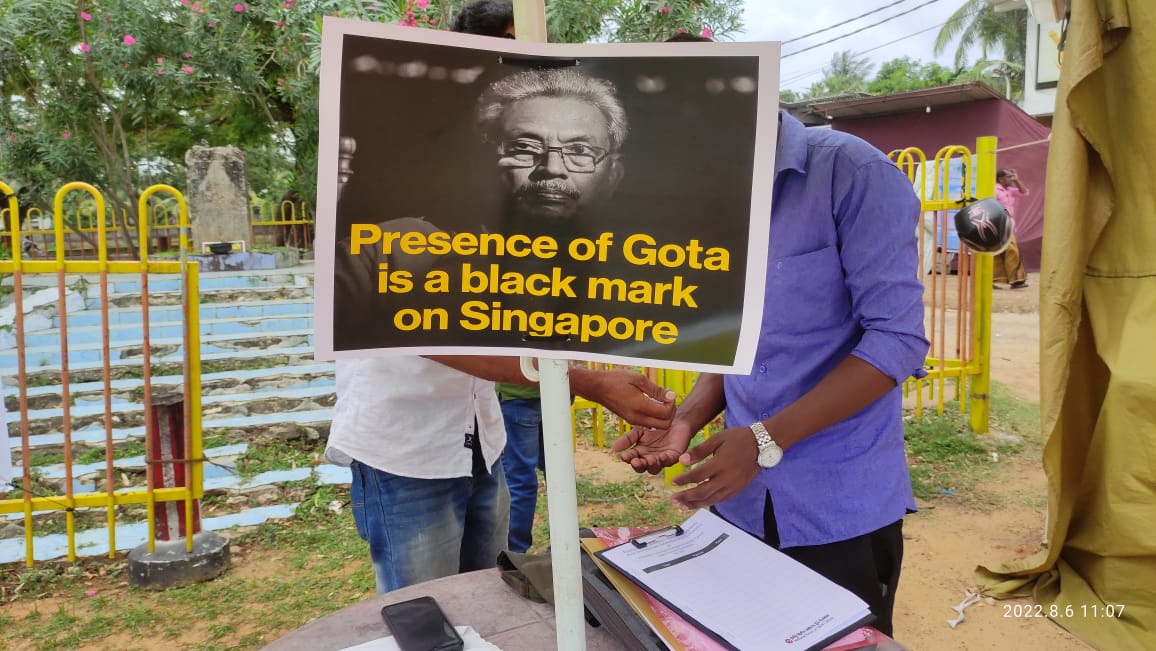
Tamils in Jaffna this week.
The Tamils are not alone in their assessment of the Rajapaksa regime. Singapore's first prime minister Lee Kuan Yew said that he had studied the speeches of Mahinda Rajapaksa - Gotabaya’s older sibling who also served as president. “I knew he was a Sinhalese extremist,” he said, as he affirmed that ethnic cleansing of Tamils had taken place in Sri Lanka. How would Singapore’s founding father feel knowing that one of the Rajapaksas is now being hosted in the country that he helped to build?
The decision of the current government to allow him to roam across the country freely, stings more in light of Singapore's annual ‘Racial Harmony Day’ celebrations last month. A known racist and genocidaire was present, whilst Singapore preached multi-racialism. The irony was not lost on Tamils around the world, and inside Singapore who have long complained of institutional racism in the country. Despite being celebrated as a community with a history stretching more than 2,000 years in Singapore and one that has contributed so much to its current standing, the latest move to host Rajapaksa will be seen as yet another state sponsored blow to the country’s Tamils. As one a local Singaporean Tamil told the Tamil Guardian last month, many will feel "upset, hurt and... betrayed".
It is high time that Singapore’s actions back its words. With reports that Rajapaksa is set to continue his escape from justice and head to Thailand tomorrow, Singaporean authorities have a final chance to prove that it truly does not tolerate racism – including towards Tamils. Holding extremists like the Rajapaksas to account will demonstrate its commitment its own policy of “Maintaining Racial and Religious Harmony”. If not, yet another opportunity to serve justice and show that Singapore actually practises what it preaches will be missed.

